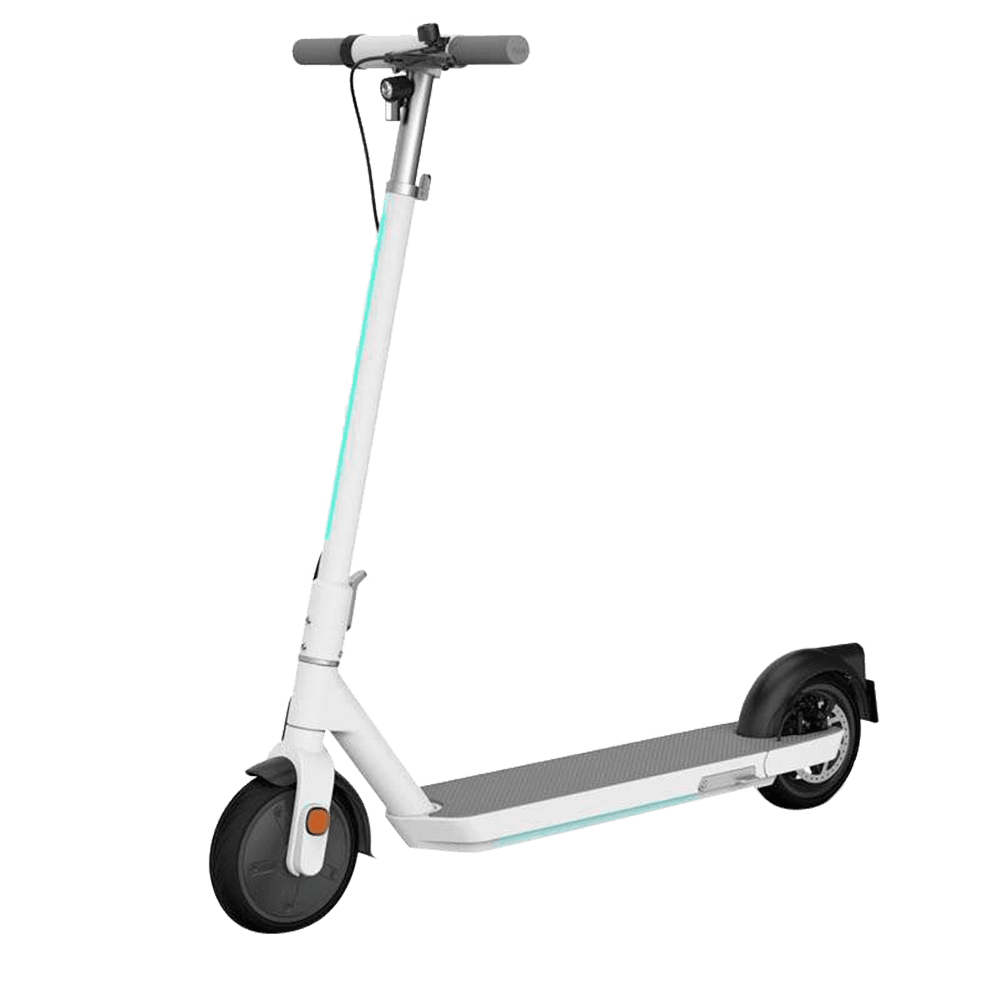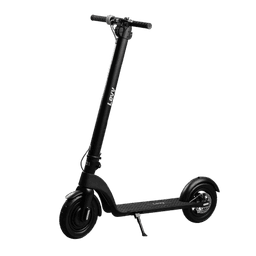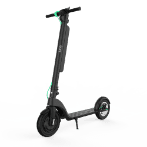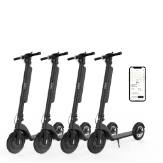Electric scooter comparison
Compare the Apollo Air Pro and the Okai Neon
Review the specs, pricing, and rider-focused details for the Apollo Air Pro versus the Okai Neon. Every matchup is sourced from Levy's internal database so you can make a confident choice.

Scooter A
Apollo Air Pro
Range 17.7 mi • Top speed 18.8 mph
$799

Scooter B
Okai Neon
Range 13.8 mi • Top speed 16 mph
$699
Specification breakdown
| Spec | Apollo Air Pro | Okai Neon |
|---|---|---|
| Range (mi) | 17.7 mi | 13.8 mi |
| Top speed (mph) | 18.8 mph | 16 mph |
| Weight (lbs) | 36.8 lbs | 38.8 lbs |
| Motor power (W) | 350 W | 250 W |
| Battery capacity (Wh) | 374 Wh | 324 Wh |
| Brakes | Drum | Disc |
| Tires | Pneumatic | Mixed |
| Waterproof rating | IPX4 | IPX5 |
| Suspension | Spring | Spring |
| Price (USD) | $799 | $699 |
Comparing Apollo Air Pro and Okai Neon: Top Tier Electric Scooters
The Apollo Air Pro and Okai Neon are two amazing electric scooters, each offering unique features and benefits to users. The first noticeable difference between these two scooters is their speed and range. The Apollo Air Pro takes the lead in speed and travel distance with a top speed of 29 mph and a range of up to 28 miles on a single charge. In contrast, the Okai Neon falls slightly short, offering a top speed of 25 mph and a maximum travel distance of 25 miles.
Another crucial difference lies in the suspension systems of these e-scooters. The Apollo Air Pro provides dual suspensions, incorporating one in the front and one in the back. This feature ensures a smooth and more comfortable ride on various terrains. On the other hand, the Okai Neon only has a rear suspension, which may not offer the same smooth ride on bumpy terrains but would suffice for city riding.
Charging times on these two models vary as well. You’d need to wait a bit longer for the Apollo Air Pro to recharge fully, which takes about 4-5 hours. Whereas, the Okai Neon charges faster, getting to a full battery in approximately 3.5 hours.
When it comes to design, the Apollo Air Pro sports a more modern and sleek look. In comparison, the Okai Neon favors functionality and durability over aesthetics, sporting a more heavy-duty frame and larger deck for increased stability and user comfort.
Finally, it’s worth noting that the Apollo Air Pro is more expensive than the Okai Neon. But considering its enhanced speed, range, and comfort, the extra cost might be warranted for some riders.
Keep researching with Levy
Browse thousands more matchups or reach out to our team for personalized scooter advice.


